The news and opinion website Vox just released a new mini-series on Netflix. It’s five 20-minute episodes, all about how the mind works. In typical Vox style, The Mind, Explained mixes cultural narratives, philosophy, and light science to ask interesting questions. I spent the evening watching these and wanted to share my notes.
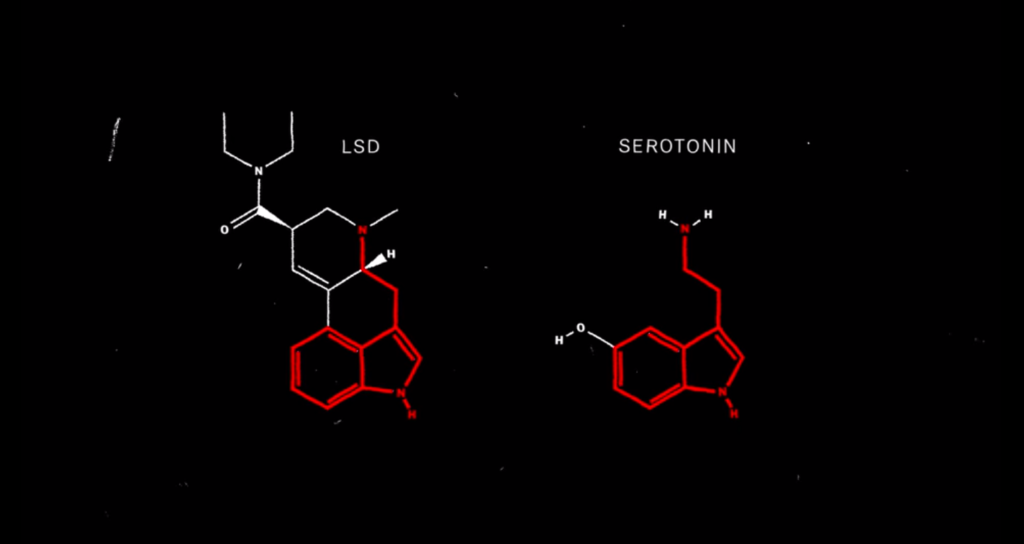
Overall, this was a great use of my Friday night. The hand-drawn illustrations are gorgeous, and… Well, it’s narrated by Emma Stone. If that’s not convincing you to go and watch this series right now, I don’t know what will. On a more serious note, I liked how they referenced research papers to back the narrative—and since you read this blog, you probably will appreciate that too.
The five episodes were about memory, dreams, anxiety, mindfulness, and psychedelics. They are high level but all worth a watch.
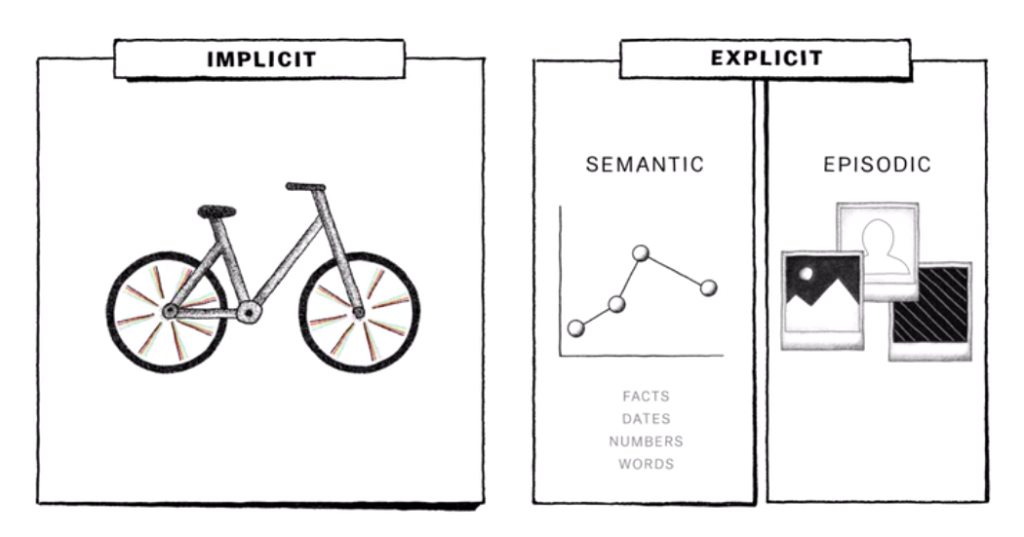
Memory. The first episode sets the tone with a broad overview of how our memory works and how it can play some tricks on us. They use real-life examples to illustrate how memories are formed, stored in the brain, and subsequently retrieved, with a timely reference to the 9/11 events and how they were remembered by people as a background story. You’ll learn about the unreliability of eye-witnesses, and how story, place, and emotions play an important role in remembering facts and experiences. Great episode overall.
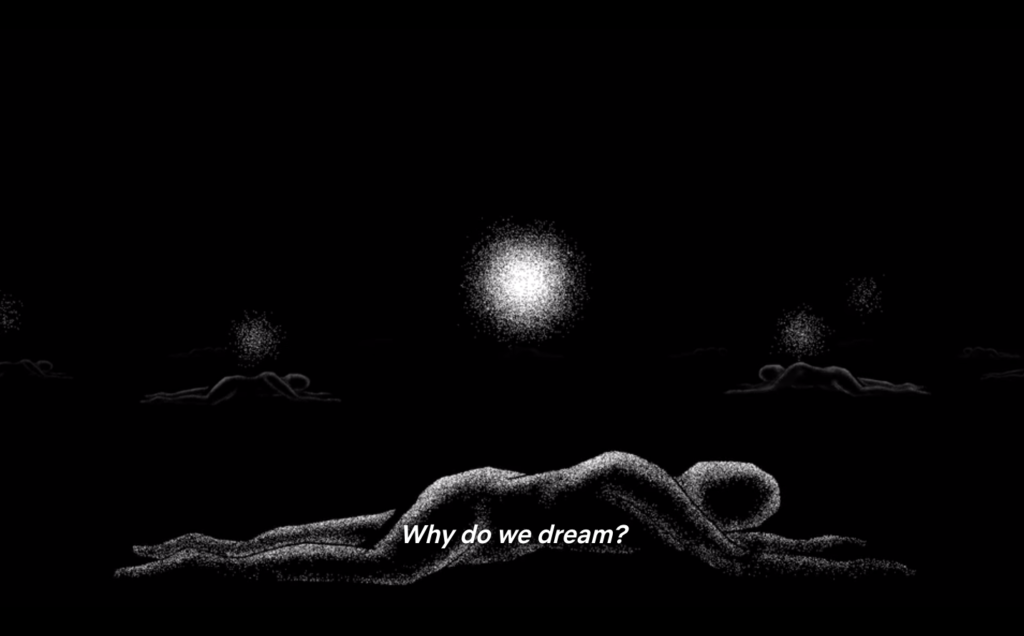
Dreams. I think the fact that this episode is so all over the place is a reflection of how little we know about how dreams actually work. It’s a great way to explore the history of dreams and has lots of nice little nuggets, but it lacks the solid research that was behind the first episode of the series. They do briefly mention lucid dreaming which made me want to learn more about it. Still a very enjoyable episode.
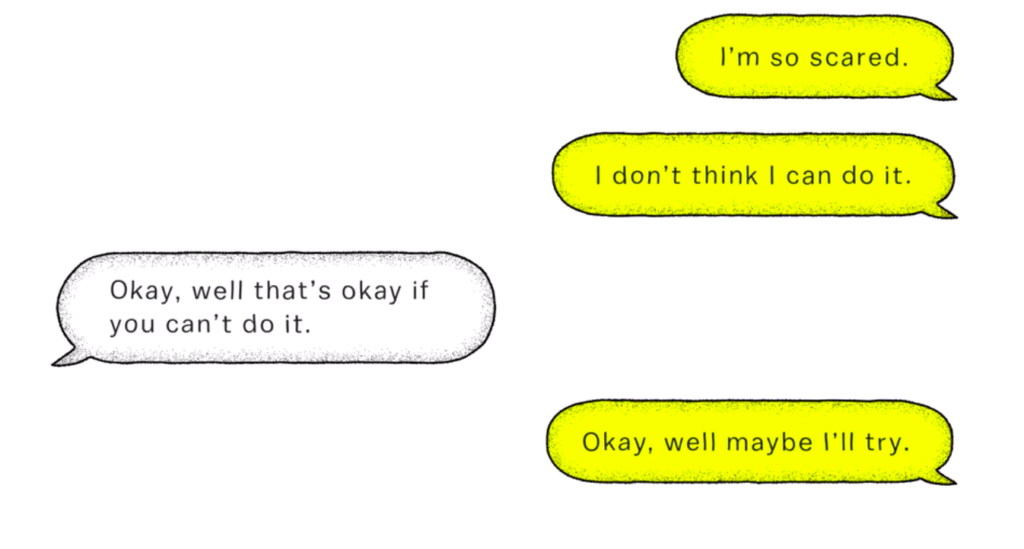
Anxiety. It’s always great to see anxiety being discussed more openly. According to this episode, the younger generation is increasingly comfortable seeking help to manage their mental health. You’ll learn about the classic and fairly problematic Little Albert experiment, in which researchers instilled fear and created a phobia in a very small child in order to study it. And, of course, social media is mentioned as a culprit in the anxiety epidemic. This is a very good episode, which will take you through a journey of anti-anxiety drugs and some of the more natural approaches to managing anxiety.
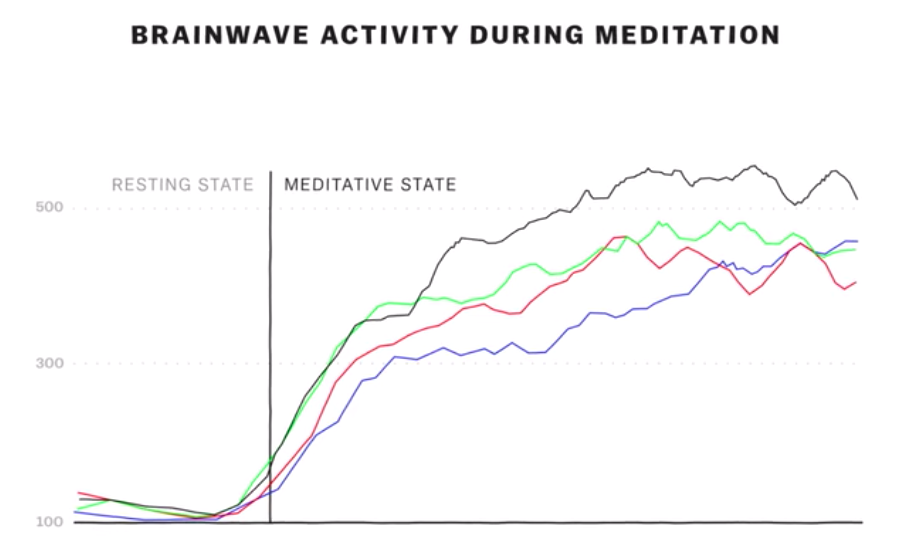
Mindfulness. “Mindfulness meditation is about training your mind, like when you go to the gym—you become fitter.” This is a beautiful episode, both in terms of personal stories and science. You will travel from buddhist meditation centers in India to prisons in the United State. The default mode network is something I’m fascinated about, and it was great to see it described in the context of mindfulness. It was also funny to learn that what I call the wandering mind is called the “monkey mind” by buddhist monks. One of my favourite ones.
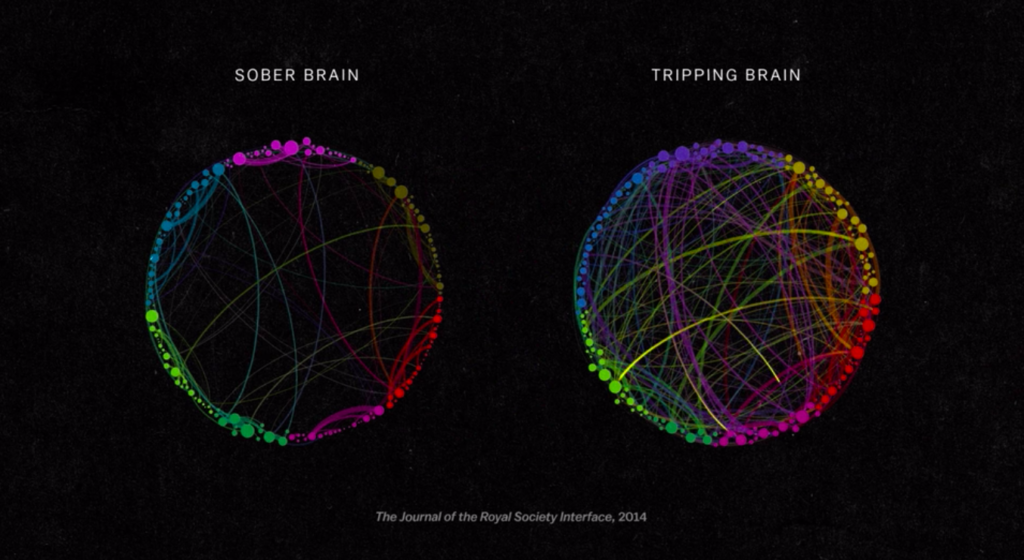
Psychedelics. Some of you may know that one of my favourite non-fiction books is How to Change Your Mind by Michael Pollan, which is all about the science of psychedelics. So I was pretty excited about this episode. And… Michael Pollan was in it. If you haven’t read the book, this episode is a fantastic short overview. And if you can, do read the book.
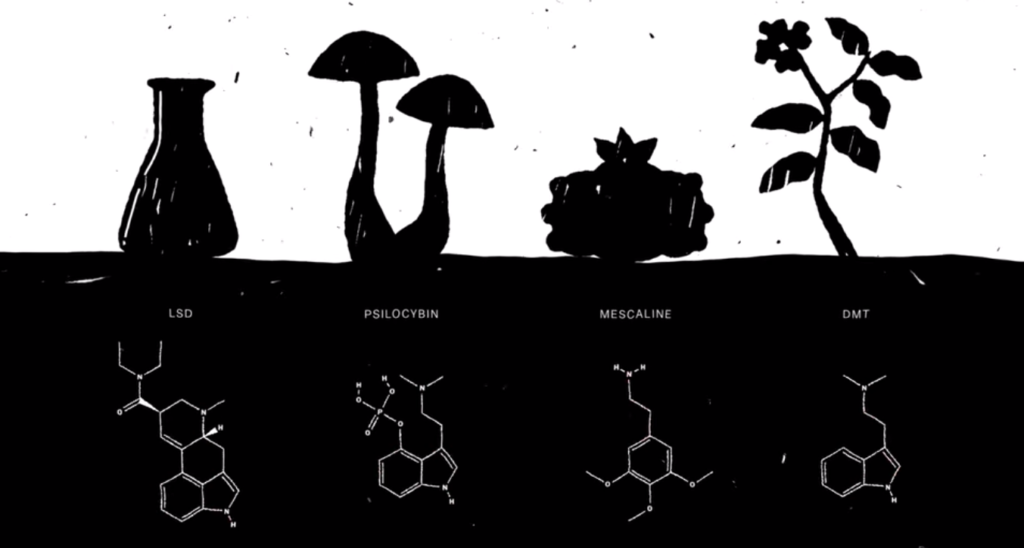
Overall, The Mind, Explained is a great introduction to how the brain works. The episodes are short, entertaining, with a mix of history, medicine, and philosophy. I really liked the style of the animations, and the way they mixed archive imagery with interviews. It will take less than a couple of hours to watch them all. If you’re planning on staying in tonight, I highly recommend watching these.
